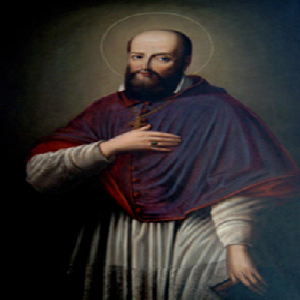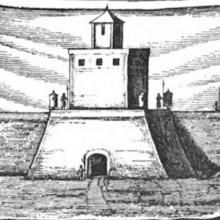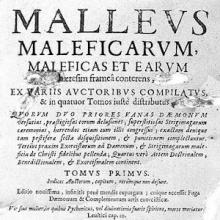Early Modern (1450 CE - 1800 CE)

Christian Classics Ethereal Library
This is still quite easily the best single location of source materials in English for the Reformation period online.
Documenting a Democracy: Australia's Story
This site has particular strengths in presenting legal and constitutional materials on the emergence of a democratic nation in a colonial context.Long Teaching Module: Doña Marina, Cortés' Translator
What is the language of conquest? What language do people speak when they battle for land and autonomy, or meet to negotiate? During the conquest of Mexico, Spanish and Nahuatl—the mother tongues of the conquistadors and the Mexica—grew newly powerful.

Complete Works of William Shakespeare
Immerse your students in the language of one the best poets and playwrights writing in English, using this graceful site.
Long Teaching Module: Cultural Contact in Southern Africa
The Portuguese explorer Bartholomew Diaz first saw the Cape of Good Hope—the southernmost point in Africa—in 1488. No attempt was made by a European nation to establish a permanent settlement there, however, until 1652, when the Dutch East India Company (VOC) set up a refreshment station.

Russian Church and Native Alaskan Cultures
Supplementing each chapter are as many as 31 digitized images or manuscripts. The exhibit is both informative and thought-provoking.
Long Teaching Module: Women in the Early Modern World, 1500-1800
Talking about an “early modern world” allows us to investigate the interconnectedness of world cultures, as opposed to their isolation.

Internet African History Sourcebook
The site provides broad chronological and geographic coverage, with a particularly impressive list of sources for ancient Egypt and Greek and Roman Africa. It is a gateway to an abundance of information.Long Teaching Module: Women in the Islamic World, 600-1600
From its inception in the early 7th century up to the present day, women have played a vital role in shaping Islamic history.
